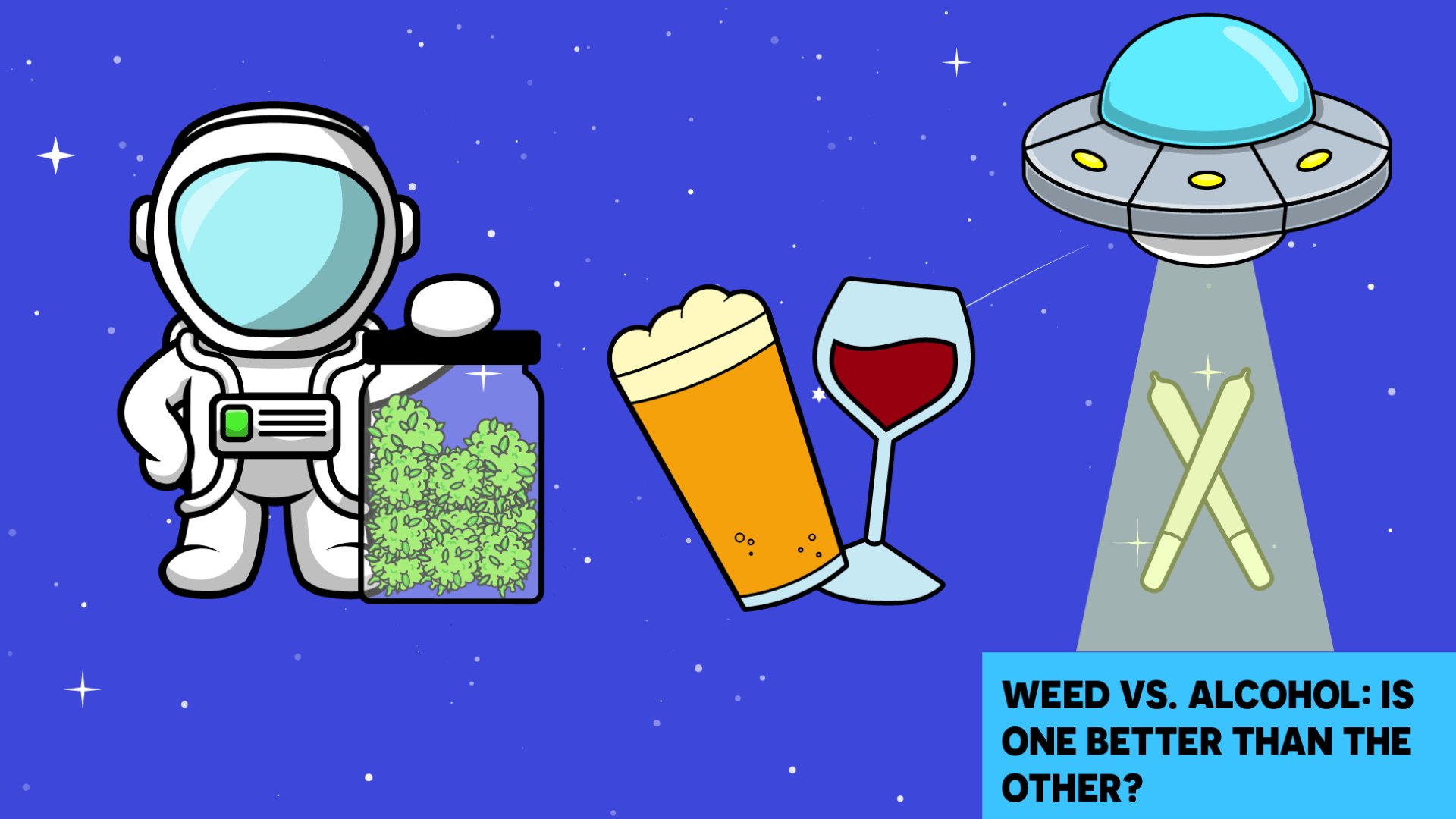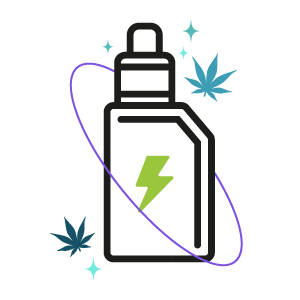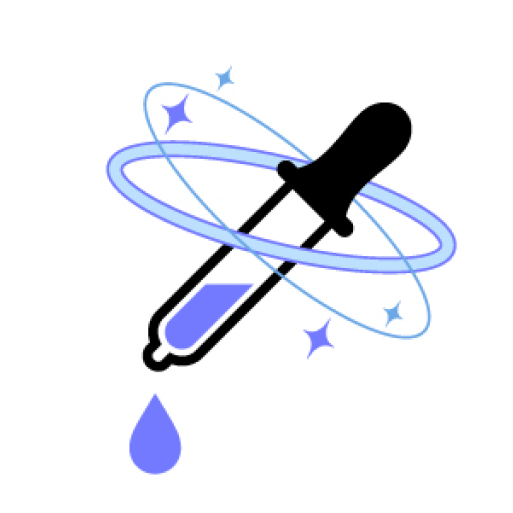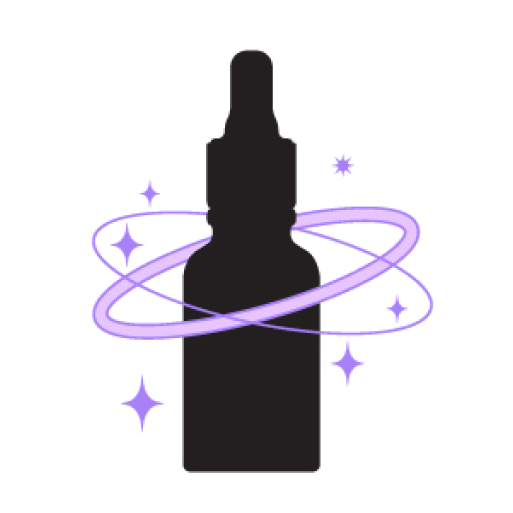Weed vs. Alcohol: Is One Better Than the Other?

People use weed and alcohol for unwinding or socializing. Still, they each come with their own set of effects and implications. So, which one should you choose? As the weed beverage sector grows, many are considering substituting alcohol with weed. But how do these substances measure up in terms of health and safety?
This blog explores the key differences between weed and alcohol. We’ll look at how they impact your body and mind, their potential benefits and drawbacks, and compare their health benefits to see if one is better than the other for your overall wellness.
By the end of this blog, you’ll have a clear understanding of how weed and alcohol stack up, helping you make more informed choices.
Weed Vs. Alcohol

When comparing weed and alcohol, it’s important to keep a few things in mind;
- We know a lot about alcohol’s effects because it’s been studied extensively. Weed, on the other hand, has less research, especially on long-term impacts. This means we might not yet understand all the risks associated with weed.
- Weed comes in many forms, like smoking, vaping, or edibles. Each method can affect you differently. For example, smoking weed can harm your lungs, while edibles don’t carry this risk.
- Everyone reacts differently to weed and alcohol. Some people may find weed relaxing, while others feel anxious. Similarly, one person might handle alcohol well but struggle with its effects.
Short-Term Effects
Both weed and alcohol can make you feel different, and their effects differ from person to person.
Alcohol
Alcohol is known for impairing thinking and coordination. Drinking too much, whether in one sitting or over time, can lead to serious health problems.
Alcohol can make you feel relaxed or giddy but also affects coordination, judgment, and cognitive skills. You might experience issues like nausea, headaches, and hangovers the next day. Even moderate drinking can cause problems such as dehydration, upset stomach, and dangerous interactions with medications.
Weed
Weed has historically been less common and more restricted compared to alcohol, so there’s less long-term research available. However, weed use is not without risks.
Effects include altered perception of time, impaired coordination, and relaxation. Some people also experience increased appetite or dry mouth. Unlike alcohol, weed can leave you with lingering effects like headaches or brain fog the next day.
Long-term effects
Alcohol
- Liver diseases such as fatty liver, alcoholic hepatitis, and cirrhosis.
- High blood pressure, cardiomyopathy, arrhythmias, and an increased risk of heart attack and stroke.
- Risk of cancers, including mouth, throat, esophagus, liver, breast, and colorectal cancer.
- Lasting damage to the brain, including cognitive impairments and memory problems.
- Increased risk of dementia and other neurodegenerative conditions.
- Weakens the immune system.
- Leads to alcohol use disorder (AUD), an inability to control drinking despite adverse consequences.
- Triggers mental issues such as depression, anxiety, and suicidal ideation.
- Decline in cognitive function, affecting memory, decision-making, and problem-solving skills.
Weed
- Leads to chronic bronchitis and other respiratory issues, similar to tobacco use.
- Some research suggests that weed use can increase heart rate and may lead to an increased risk of heart attack in some individuals.
- Weed can be addictive, especially with regular, long-term use.
- Long-term weed use, particularly when started in adolescence, is associated with impairments in memory, attention, and learning.
- Risk of mental health issues such as depression, psychosis, schizophrenia.
- Suppresses the immune system, although the long-term implications of this are not fully understood.
Health Benefits of Alcohol Vs. Weed
Alcohol
Moderate alcohol consumption, particularly red wine, has been linked to some cardiovascular benefits, such as a lower risk of heart disease. Antioxidants like resveratrol may help protect the heart by increasing HDL cholesterol (the “good” cholesterol) and preventing artery damage.
Alcohol acts as a social lubricant, reducing social anxiety and helping people feel more relaxed in social settings. This can foster social connections and may have positive effects on the mind when consumed in moderation.
Weed
Weed, particularly strains high in THC and CBD, is recognized for its ability to relieve chronic pain, making it a popular alternative to opioids and other painkillers.
CBD, a compound found in weed, has been shown to have anxiolytic (anxiety-reducing) and antidepressant effects. Some research suggests that weeds may have neuroprotective properties that benefit conditions like Alzheimer’s, Parkinson’s, and multiple sclerosis by reducing inflammation and protecting brain cells.
Over-Using Weed vs. Alcohol
Overusing either substance presents significant risks, but the nature and severity of these risks differ. Moderation and responsible use are important for managing the risks associated with both substances.
Alcohol
- Increased risk of several types of cancer.
- Chronic diseases linked to heart disease and liver problems.
- Higher risk of accidents like falls, crashes, and drowning.
- Memory problems and addiction.
- Death from alcohol poisoning.
- Triggered mental health issues such as depression & anxiety.
- Significant social consequences, including relationship breakdowns, job loss, and financial instability.
Weed
While weed is generally less harmful than alcohol, overuse can still lead to health problems.
- Can affect cognitive functions and lead to addiction.
- May interfere with other medications.
- Adverse effects on young people’s brains.
- Increase risk of heart attacks, strokes, and heart rhythm problems.
- Bronchitis and other lung issues.
- Risk of mental health disorders, including anxiety, depression, and, in some cases, psychosis.
- Irritability, sleep disturbances, and cravings make it difficult to quit.
However, these risks are lower when weed is consumed through non-smoking methods like edibles or vaping.
Public Opinion on Weed Vs. Alcohol
A survey by American Addiction Centers provides a snapshot of public opinion on these substances.
Over 50% of the users would choose weed over alcohol if only one could be legal. This reflects a belief that weed is less dangerous than alcohol.
On average, people rate alcohol as moderately dangerous and weed as somewhat risky—those who don’t use weed rate alcohol as 25% more dangerous.
Alcohol is perceived as more addictive compared to weed. Users rated alcohol as somewhat and moderately addictive, while weed was rated as not very or somewhat addictive.
Generally, weed seems to have fewer long-term risks than alcohol, but research on weed is still developing. People’s experiences with each substance differ, so what might be safer or better for one person might not be the same for another.











